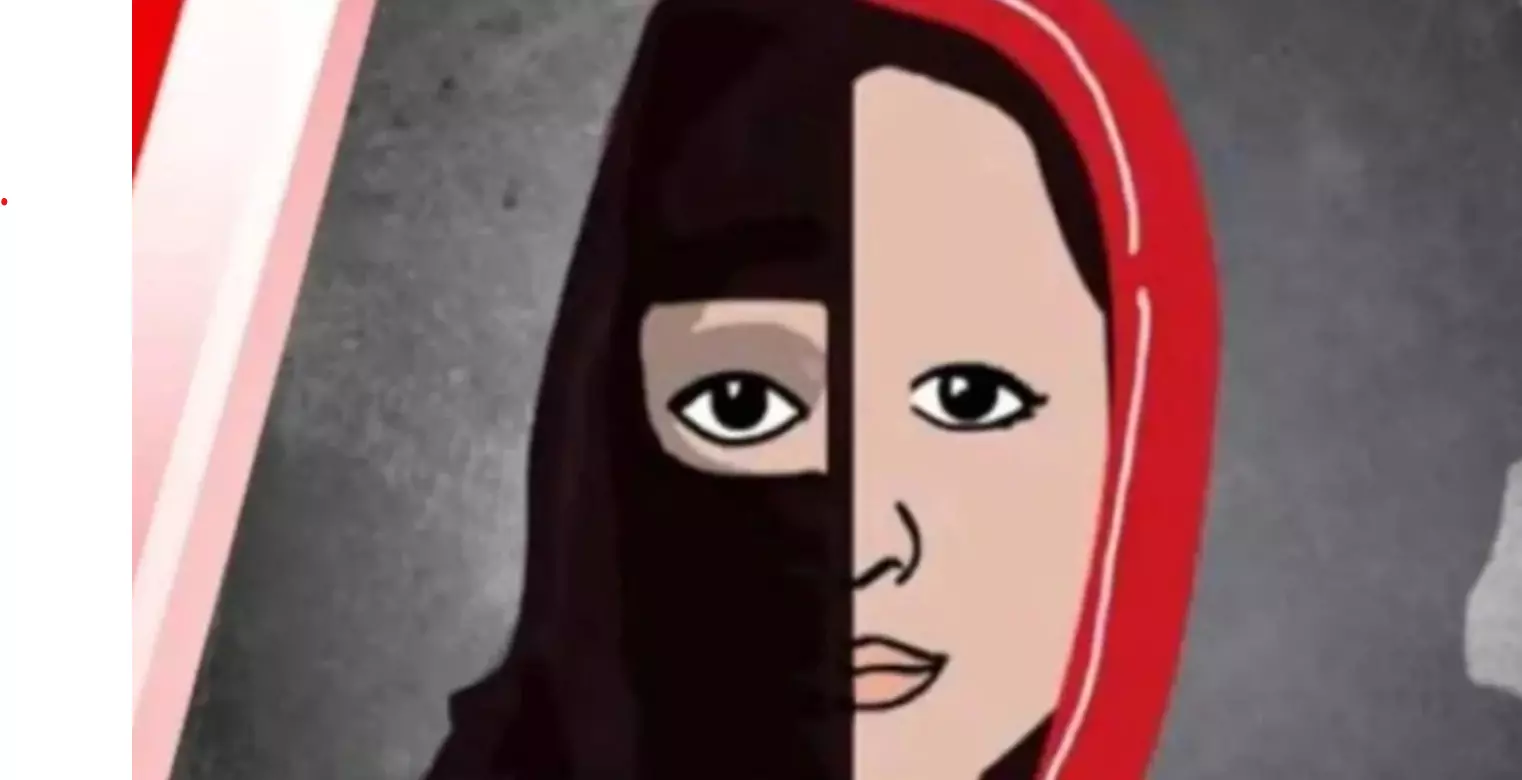(Un)necessary checks!

In a move that has sparked intense debate and raised concerns about religious freedom, the Chhattisgarh government has reportedly announced plans to introduce a new anti-conversion bill. News reports suggest that the proposed legislation seeks to extend the provisions of Chhattisgarh Dharma Swatantrya Adhiniyam, 1968, with more stringent provisions aimed at curbing fraudulent religious conversions. However, the implications of this bill go far beyond its stated intentions and raise critical questions about individual rights, communal harmony, and the role of the state in matters of faith.
Some trace the lineage of the proposed legislation to 2006, when the Bharatiya Janata Party (BJP) government first introduced the Chhattisgarh Dharma Swatantrya Adhiniyam (Amendment) bill. This bill, which sought to address concerns about forced conversions, faced significant scrutiny and was repeatedly held back several times. Now, nearly two decades later, the issue has resurfaced with renewed vigour, fuelled by political rhetoric and allegations of mass conversions.
At the heart of the debate lies the tension between protecting religious minorities and preserving cultural identity. Supporters of the bill argue that it is necessary to prevent coercive conversions, particularly in tribal areas where vulnerable communities may be targeted. However, opponents of the bill view it as an infringement on religious freedom and a thinly veiled attempt to target minority communities, particularly Christians and Muslims. They argue that existing laws already provide adequate safeguards against forced conversions and that the proposed bill is motivated by political considerations rather than genuine concerns for public welfare. Furthermore, they warn that such legislation could exacerbate social tensions and undermine the secular fabric of Indian society. One of the key provisions of the proposed bill is the requirement for individuals seeking to convert to another religion to obtain prior permission from the district magistrate, with stringent penalties for non-compliance. While proponents argue that this measure is necessary to prevent fraudulent conversions, critics contend that it places undue burdens on individuals exercising their right to religious expression. Moreover, the provision for mandatory reporting of conversions raises concerns about privacy and autonomy, particularly for vulnerable communities facing social stigma and discrimination.
Another contentious aspect of the bill is its punitive measures, including harsh penalties for those found guilty of illegal conversions. While supporters argue that such deterrents are necessary to protect vulnerable communities, opponents warn that they could be misused to target religious minorities and stifle dissent. Moreover, the burden of proof placed on those conducting conversion ceremonies raises questions about due process and the presumption of innocence. The proposed bill also reflects broader societal tensions and political dynamics within Chhattisgarh, with religious conversions becoming increasingly politicised in recent years. The rise of Hindu nationalist groups and their campaigns for ‘ghar wapsi’ (homecoming) have further polarised communities along religious lines, leading to incidents of violence and intimidation against religious minorities.
In light of these developments, it is imperative for policymakers to carefully consider the implications of the proposed anti-conversion bill and ensure that it upholds the principles of religious freedom and pluralism enshrined in the Indian Constitution. Ultimately, the introduction of Chhattisgarh's anti-conversion bill raises fundamental questions about the role of the state in matters of faith and the need to safeguard the rights of religious minorities in a diverse and pluralistic society. As the debate continues to unfold, it is essential for all stakeholders to engage in constructive dialogue and uphold the principles of tolerance, mutual respect, and coexistence.




